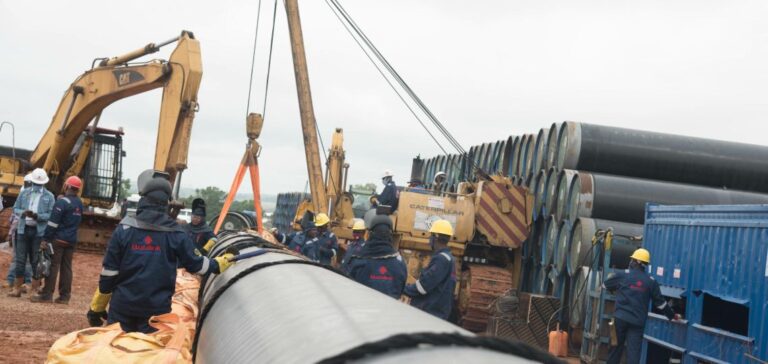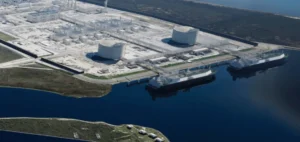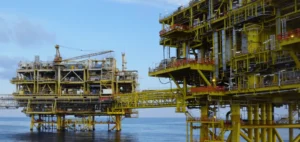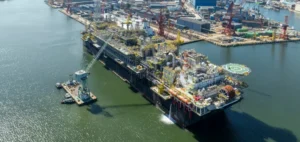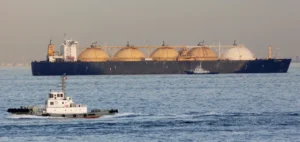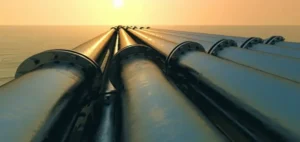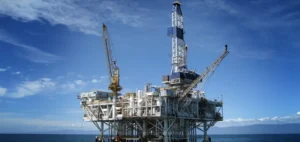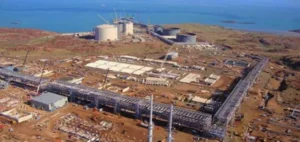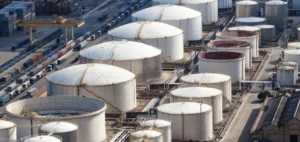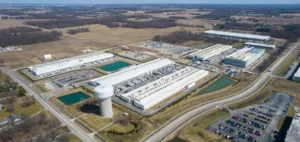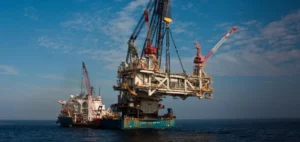Brazil has taken a decisive step in its energy diversification strategy by signing a transit agreement with Bolivia. This agreement, conducted between TotalEnergies, Matrix Energy, and Bolivia’s state-owned company Yacimientos Petroliferos Fiscales Bolivianos (YPFB), will allow Argentinian natural gas to access Brazilian infrastructures, according to Brazil’s Ministry of Mines and Energy.
**An Initiative Supported by the G20**
This progress is part of a strengthened regional cooperation framework initiated during the G20 summit held in Rio de Janeiro last November. Brazil and Argentina signed a bilateral agreement to study gas transport options. In the short term, using the GasBol pipeline connecting Bolivia and Brazil is seen as the most viable solution. With an installed capacity of 30 million cubic meters per day, the pipeline has recently operated below capacity due to Bolivia’s reduced gas production.
**Quick Access to Vaca Muerta’s Production**
Argentina, having recently reorganized its infrastructure, now has increased transport capacity thanks to the reversal of the Néstor Kirchner and Gasoducto Norte pipelines. These pipelines could transport about 15 million cubic meters per day northward. Meanwhile, Brazil’s National Petroleum Agency (ANP) has authorized TotalEnergies to import up to 20 million cubic meters per day from Argentina.
**Alternatives and Long-term Perspectives**
While transit through Bolivia represents an immediate solution, other options are under consideration. These include the construction of a new pipeline passing through Paraguay or direct connections between Argentina and southern Brazil. These initiatives, still in the project phase, could ensure a reliable supply for the coming decades.
A Transitioning Energy Market
Brazil seeks to stabilize supplies within its “New Gas Market” framework, a reform implemented in 2021. This initiative aims to liberalize the gas market while reducing costs for consumers. However, the lack of infrastructure for offshore gas exports and slow regulatory developments have so far hampered progress.
**Domestic Production and New Developments**
Despite a record production level reached in September 2023, with 169.9 million cubic meters per day, much of the gas extracted in Brazil is reinjected to enhance oil recovery. Only 54.4 million cubic meters per day are available for commercial sale.
New projects, such as the Complexo Energias Boaventura, recently inaugurated near Rio de Janeiro, could boost domestic supply. The site is designed to process up to 21 million cubic meters per day from offshore fields.
Challenges in the Short and Long Term
Imports from Argentina represent an immediate solution for Brazil, but delays in major offshore projects, such as Equinor’s Raia Manta and Raia Pintada field developments, may maintain the country’s dependence on external supplies.
Similarly, Petrobras has postponed its Sergipe-Alagoas Deep Water project to 2030 or beyond, despite its potential to produce up to 18 million cubic meters per day. These delays highlight Brazil’s urgent need to secure alternative short-term supply solutions.

